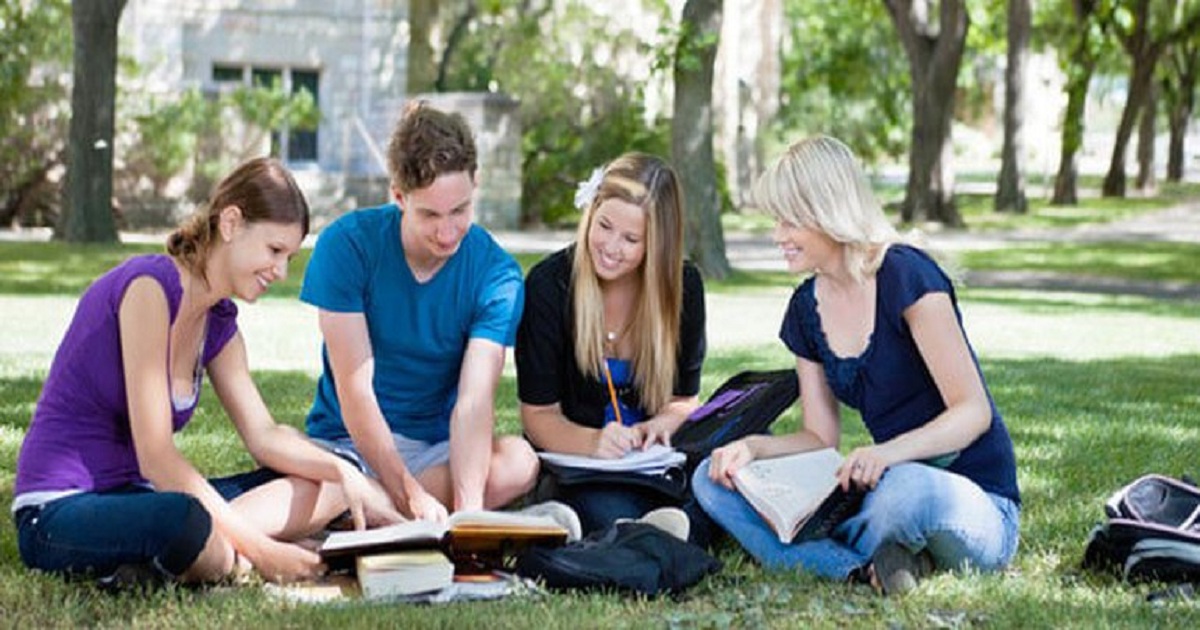Extracurricular clubs expand SEL, soft skills opportunities
Educationdive | January 09, 2019

Gay-Straight Alliance (GSA) clubs, started at middle schools, can come at a time in a student’s life when they’re beginning to discover more about themselves, including who they’re attracted to and their sexuality, and developing their social-emotional intelligence, middle school English language arts teacher Heather Wolpert-Gawron writes for Edutopia.Waiting to launch these clubs at the high school level may be “denying the safe space they would provide and the positive impact they could have, for students prior to 9th grade,” Wolpert-Gawron writes, noting that one out of six LGBTQ students had “seriously considered suicide,” between the 9th and 12th grades, quoting 2016 statistics cited by The Trevor Project.GSA clubs also differ from other school extracurricular programs in that they’re run by students, giving them more autonomy over how they’re constructed and a focus on keeping membership private. That way any student can feel safe participating.Curriculum doesn’t have to end at the classroom door. Instead, after-school activities, such as sports teams or clubs, can enhance student learning both in hard academics and soft skills. Social-emotional learning (SEL) in particular can be extended during club time, helping to broaden and extend skills such as empathy and communication.